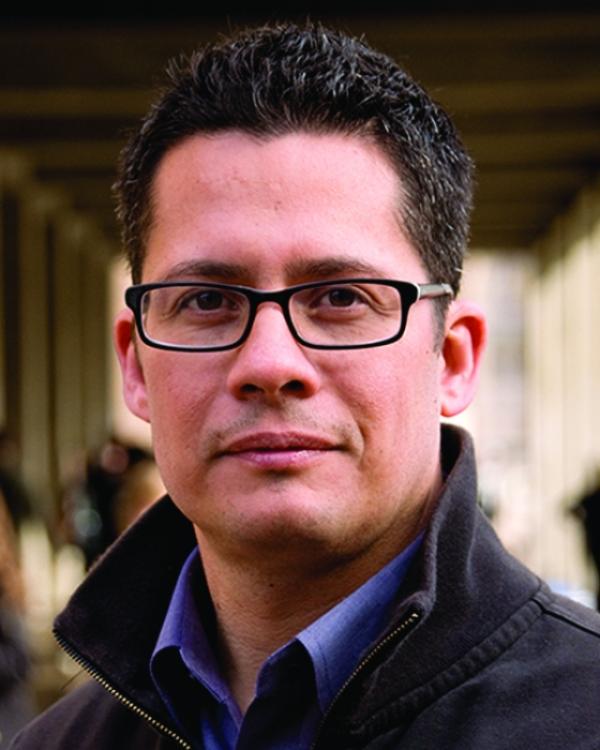
The UC Santa Barbara Multicultural Center, with co-sponsor Gevirtz Graduate School of Education and the Department of Sociology, is hosting a talk titled “Lives Still in Limbo: UnDACAmented and Navigating Uncertain Futures” on Wednesday, November 14 at 4:00 p.m. in the UCSB MCC Theater. During this free, public lecture, Professor Roberto G. Gonzales will examine the future for the children of undocumented immigrants.
Due to the political gridlock in the U.S. Congress, the fate of more than two million young immigrants remains uncertain. In 2012, President Obama introduced the Deferred Action for Childhood Arrivals (DACA) program, and at the five-year mark, more than 800,000 young people had benefited from the legislation. Things quickly changed under the Trump administration when U.S. Attorney General Jeff Sessions announced an end to this policy. What does this termination mean for these young people and their families’ futures? And what is the role of communities in this new policy’s wake? Based on a six-year study, involving interviews with 481 young people in six states, Professor Gonzales provides some interesting answers to these vexing questions.
Roberto G. Gonzales is Professor of Education at Harvard University’s Graduate School of Education. Gonzales’ research centers on contemporary processes of immigration and social inequality, and stems from theoretical interests at the intersection of race and ethnicity, immigration, and policy. In particular, his research examines the effects of legal contexts on the coming of age experiences of vulnerable and hard-to-reach immigrant youth populations. Since 2002 he has carried out one of the most comprehensive studies of undocumented immigrants in the United States. His book, Lives in Limbo: Undocumented and Coming of Age in America (University of California Press), is based on an in-depth study that followed 150 undocumented young adults in Los Angeles for twelve years. To date, Lives in Limbo has won five major book awards, including the Society for the Study of Social Problems C. Wright Mills Award, the American Education Research Association Outstanding Book Award, and the Law and Society Association Herbert Jacob Book Award.